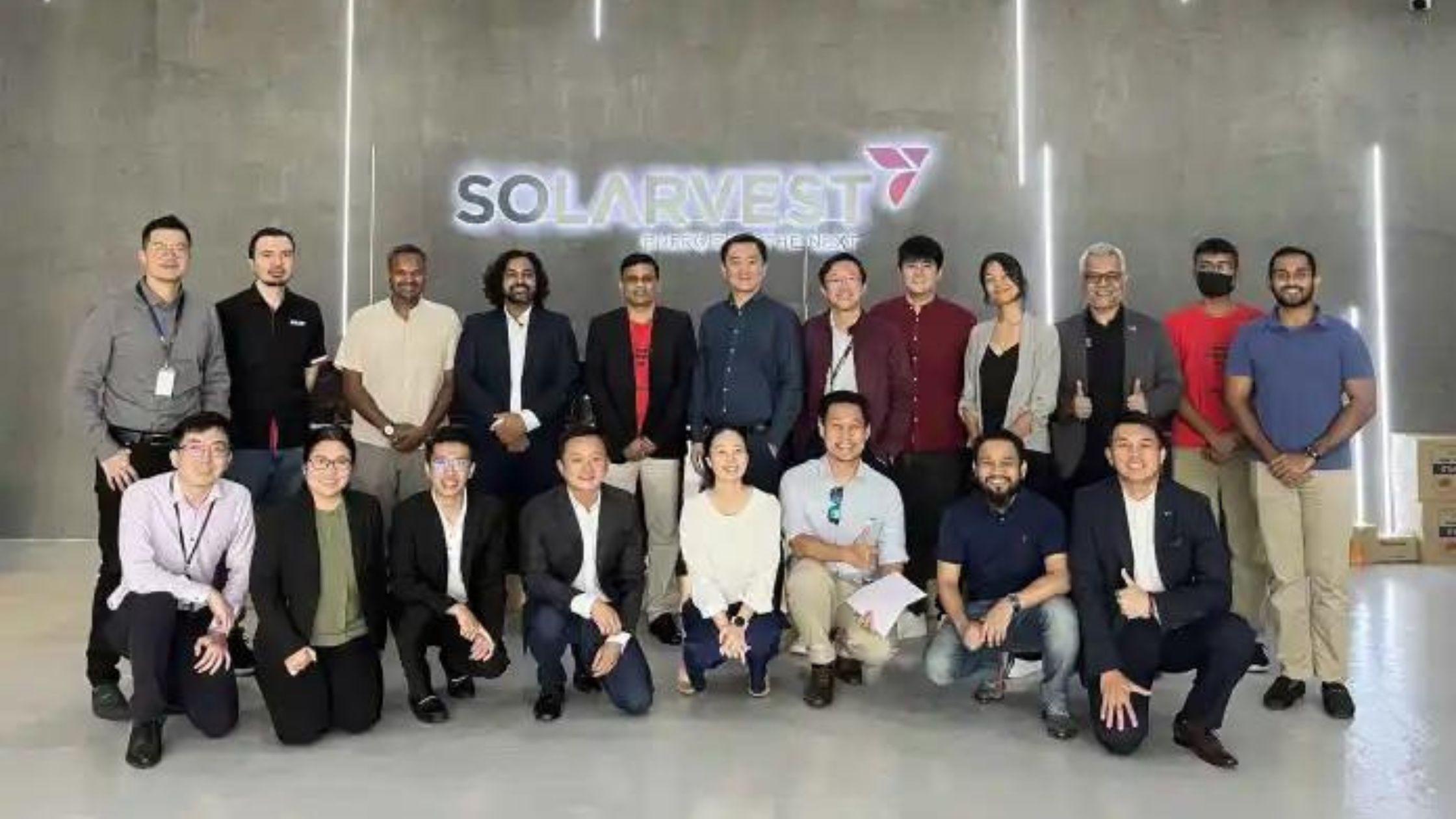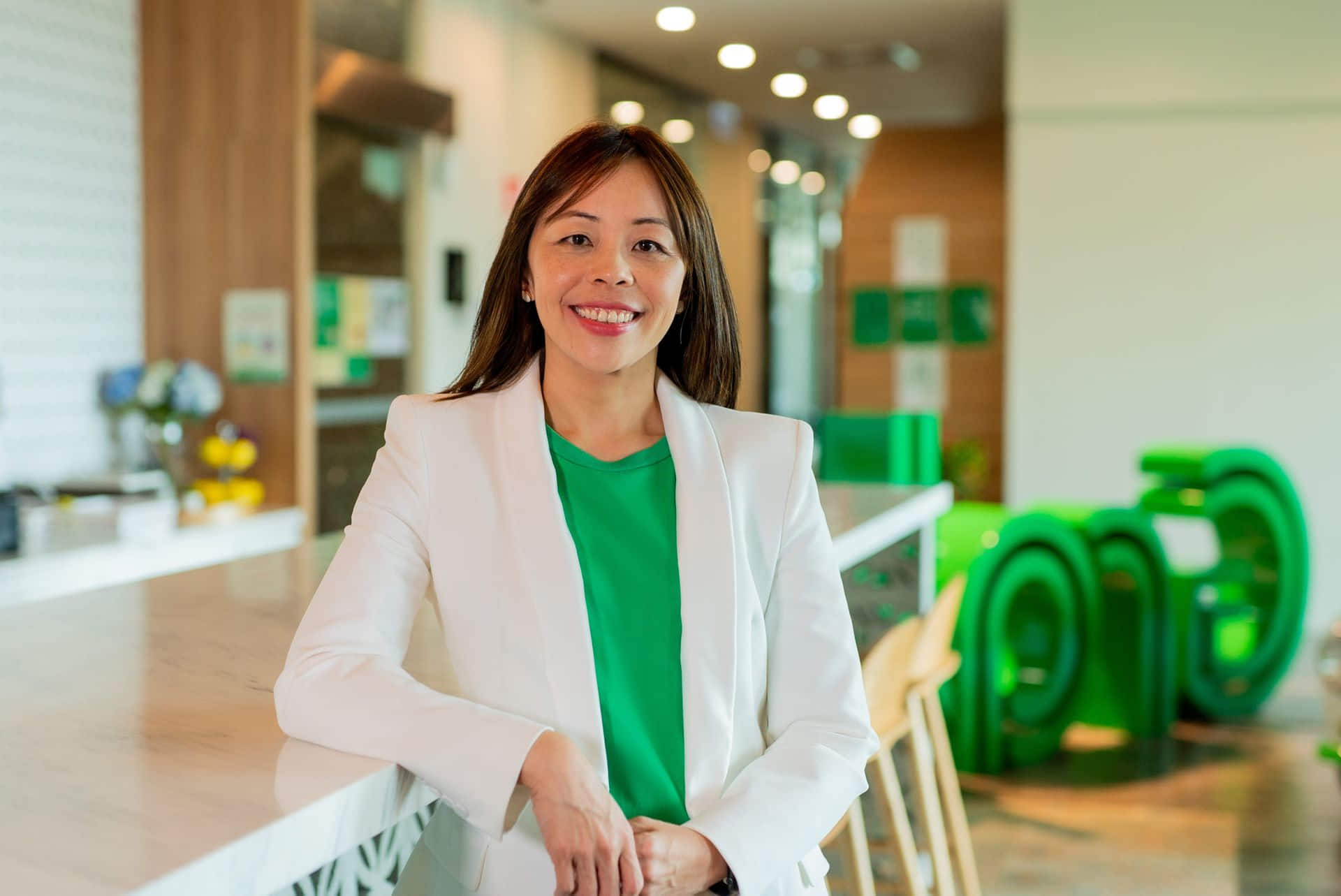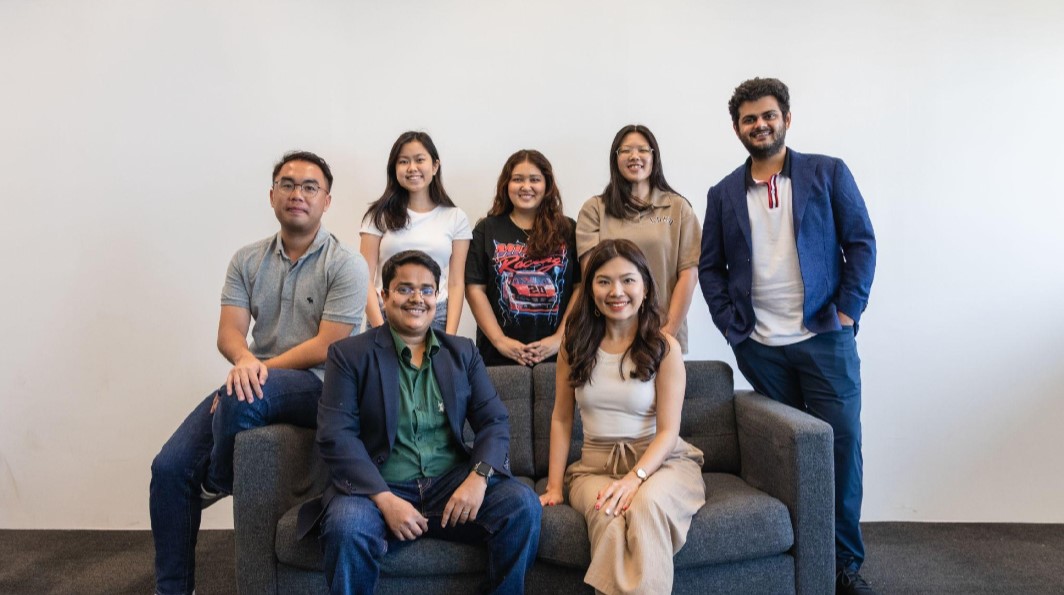AsiaTechDaily – Asia's Leading Tech and Startup Media Platform

Japanese Startup Ecosystem – Exclusive Year End Analysis – 2020 – All You Need To Know!
Innovative business models and technologies are what drive the growth of startups. Many startups have been trying to capture demands that have arisen in link with societal changes brought by the COVID-19 pandemic. Japan has been very cautious about any activities that could further the spread of coronavirus- from the closing of educational institutions, entertainment places to companies encouraging remote working model, Japan has become more agile. Whether this new model of remote working will last for how long is still difficult to say, it would be safe to say that the country’s startup ecosystem has made a shift to meet the requirements of this new normal.
Japanese startups that excelled in the time of crisis
Japan is the world’s third-largest economy, and Tokyo, the capital city being one of the most densely populated metropolises globally. The country has witnessed some fascinating trends emerging in the advent of the pandemic. There has been a growth of SaaS startups in terms of catalyzed digital transformation led by the government, growing SaaS adoption in enterprises, and maturing capital markets for the startup ecosystem.
Many startups in Japan have made an impact on the overall ecosystem. For instance, Blacksands, the company offers a service solution that provides dynamic encrypted point-to-point connections. Considering how business is done in Japan and the nature of Japanese culture, most of the corporations were not used to having to work from home. Most of the organizations did not pay attention to the security concerns that come with this remote working model until the pandemic.
Another startup, Holoeyes, has enhanced medical procedures, treatments, planning, and education. Their Holoeyes XR tool offers remote check-ups that can be used by downloading the VR/MR app. This innovation has been helpful to prevent the further spread of COVID-19.
With elementary, middle, and high schools closed due to the pandemic, Unirobot is producing educational robots that work as artificial intelligence-based homeschool teachers. Due to the effects of COVID-19, a free online matching service between VC firms and startups with more than twenty VC firms joining the campaign has been started by Money Forward Synca. Besides that, they are also offering online consultations to startups on fund-raising.
Eventhub, a startup, offers a tool that can help you maximize attendees’ ROI with a networking solution. Many companies are using this tool for conducting large conferences, and one can connect and book meeting appointments online with attendees and do live streaming of the event. This allows the attendees and participants to chat and watch the pitch with each other simultaneously.
This spread of the virus has transformed the Japanese society and the living environment of people, and with the new environment, there has been a growing demand for technology and services that can meet the needs. This is the reason why startups in Japan that offer services that are tweaked to this new normal are growing in importance. This trend is visible across the Japanese startup ecosystem.
Japanese startups that raised funding despite pandemic
Playco, Tokyo’s mobile gaming company, raised US$100 million in funding that was led by Sequoia Capital and Josh Buckley, their angel investor, bringing the company to the list of unicorns in the country.
There were a few startups in the healthcare sector that also managed to raise funding this year. MedVigilance, a company that uses biological data analysis algorithms to visualize health conditions managed to raise a funding of ¥30.2M in September, 2020. CellAxia Inc., a rug delivery bio-venture targeting practical application of advanced research such as cell therapy, raised funding of ¥700M this year.
Japanese healthcare startups have been increasing the deployment of clinical trials and telemedicine that are essential tools to overcome the COVID-19 crisis and overcome any future virus/disease outbreaks. MICIN, a Tokyo-based startup, has seen an unprecedented demand for its telemedicine solution, Curon. Tens and thousands of patients are using it in the country, and over 4000 clinics and hospitals countrywide.
Another Tokyo-based startup Agatha, is taking some pain points away from the clinical trials by offering automated processes for managing, creating, and tracking documents related to clinical trials.
Japan’s startup ecosystem is maturing with times
Japan’s startup ecosystem has matured dramatically over the last decade. Despite the challenging times, the country’s startup ecosystem is poised to inject innovation and flexibility in the system that has been often criticized for its rigidness. Tokyo, in early 2020 has established a Startup Ecosystem Consortium to incubate and support innovative local startups through collaboration between research institutions, government, and the private sector.
We will wait and watch what’s in store for 2021.
If you think a news, or a startup, or any other item needs to be a part of this story, please drop a note at [email protected]. We will be happy to review and make necessary updates.





